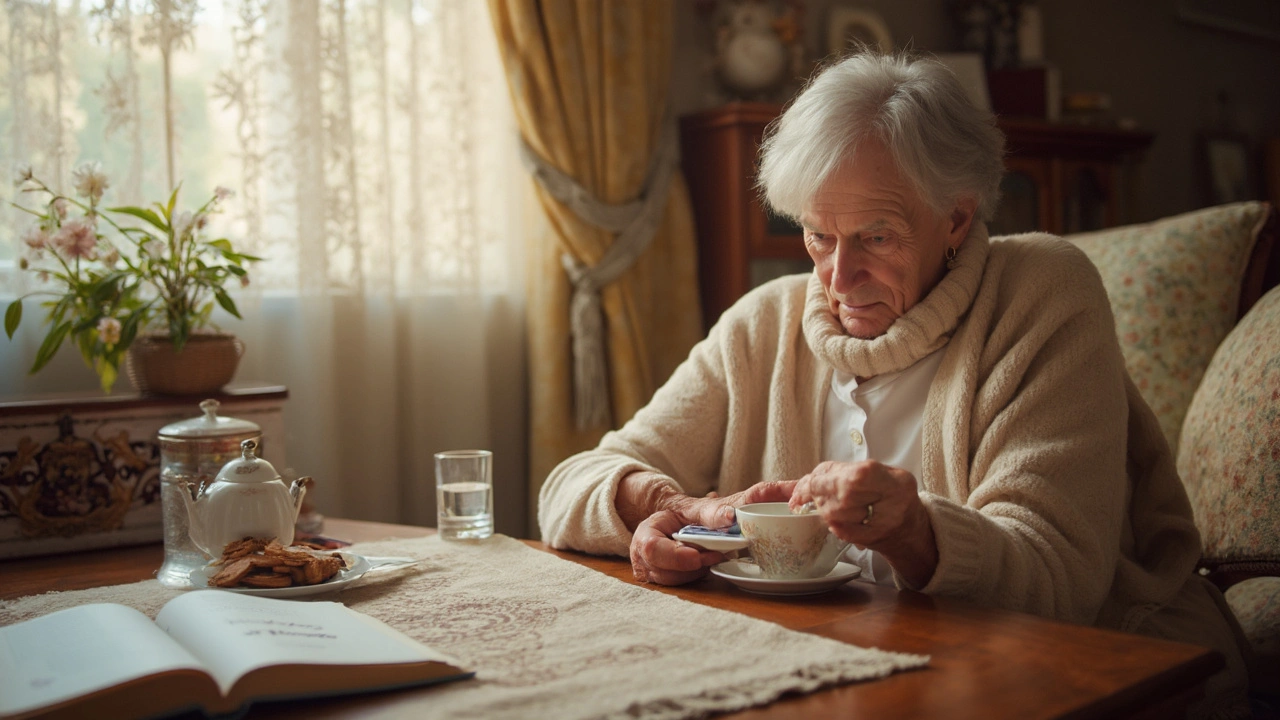Itch relief that actually works — quick tips and real next steps
Scratching feels good for a second, then the itch comes back stronger. That’s the itch-scratch cycle, and breaking it is the first step to real relief. Whether your skin itches from dry winter air, an allergic reaction, insect bites, or eczema, you can use a few simple moves to calm things down fast.
Fast fixes you can try now
Cool compress: press a cool, damp cloth to the spot for 10–15 minutes. Cold lowers inflammation and calms nerve signals that cause itching. Oatmeal bath: a cup of colloidal oatmeal in lukewarm water soothes widespread itch without drugs. Moisturize: apply a thick, fragrance-free cream or ointment right after bathing — locking in moisture prevents dryness, the most common trigger of itch.
Over-the-counter choices: a 1% hydrocortisone cream helps short-term flare-ups (don’t use it on broken skin or the face for long periods). Calamine lotion or a menthol-containing lotion can numb minor itches. For allergy-related itching, non-drowsy oral antihistamines like loratadine or cetirizine work during the day; diphenhydramine helps at night but can make you sleepy.
Small behavior changes matter: avoid hot showers, swap scented soaps for gentle cleansers, wear cotton instead of wool, keep nails short, and use a humidifier in dry months. These steps reduce triggers so you itch less over time.
When scratching isn’t enough — next steps and warnings
If the itch lasts more than two weeks, spreads, wakes you every night, or appears with a rash, see a clinician. Persistent itching can come from skin conditions (eczema, psoriasis, fungal infections) or internal issues like liver or kidney problems. Your doctor may prescribe stronger topical steroids, a steroid short-course, topical calcineurin inhibitors, or treatments for neuropathic itch such as gabapentin. Newer biologics treat severe eczema — ask about options if nothing else helps.
Watch for signs of infection: increasing redness, warmth, pus, or fever. That needs medical care. Also avoid long-term use of strong topical steroids on delicate areas (face, groin) — they can thin skin and cause other issues.
If you’re looking for affordable OTC options or want help finding a specific product, BuyLowDrugs.com lists budget-friendly choices and practical guides. But for any sudden swelling, trouble breathing, or severe spread of rash, seek emergency care right away — those can be signs of a serious allergic reaction.
Quick summary: cool compresses, good moisturizers, avoiding triggers, and short-term OTC meds handle most itches. If it’s stubborn, worsening, or signs of infection appear, get professional help. Small, consistent steps often stop the itch before it ruins your day — and that’s the point.
Skin Itching in Elderly Individuals: How to Manage It Effectively
- Robin Tudge
- April 22, 2025
- 11 Comments
Itchy skin drives many older adults crazy, but it’s more than just a nuisance. This guide looks at why skin itching becomes so common with age and offers practical steps to bring relief. From hydration tips to the sneaky triggers in daily routines, you’ll find what truly works. It also covers when that itch could be a warning sign of something more serious. With clear advice, everyday solutions, and the latest info, this article is your go-to for helping older adults feel more comfortable in their skin.
read more
